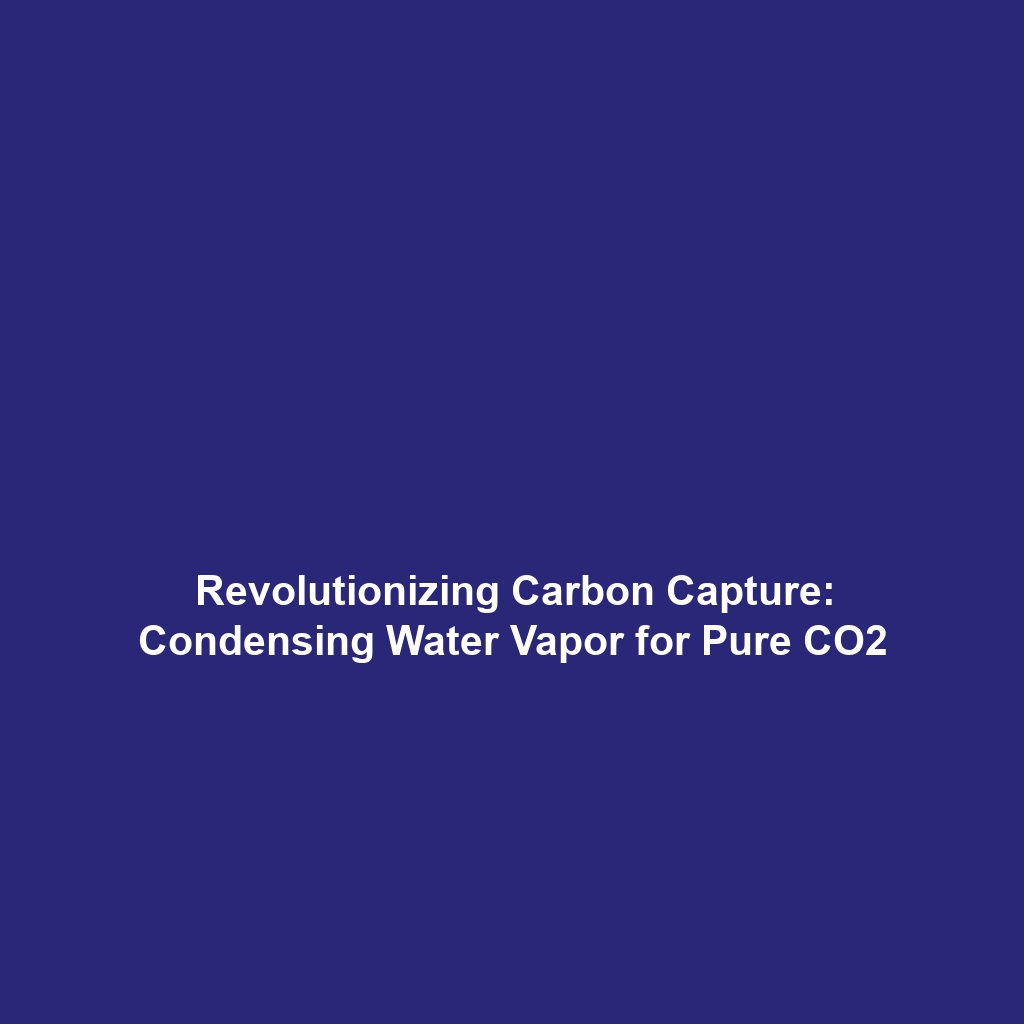Long-Term Effects of Human Activities on Climate
Category: Climate History
Topic: Long-term effects of human activities on climate, including land-use changes, deforestation, and industrial emissions.
Introduction
Understanding the long-term effects of human activities on climate is pivotal in the field of Climate History. Land-use changes, widespread deforestation, and industrial emissions have significantly altered the Earth’s climate systems over centuries. As our population grows and industrial activities expand, the implications for our environment become increasingly dire. This article delves into the historical context, examining these human-induced changes and their lasting impacts on global climate patterns.
Key Concepts
To grasp the long-term effects of human activities on climate, it is essential to explore several key concepts:
Human Activities and Climate Change
- Land-Use Changes: Transformations in land for agriculture, urbanization, and infrastructure contribute to habitat loss and altered local climates.
- Deforestation: It plays a critical role in increasing carbon dioxide levels, as trees that absorb CO2 are removed, leading to a warming effect on the atmosphere.
- Industrial Emissions: The combustion of fossil fuels and industrial waste releases greenhouse gases, contributing to global warming and climatic disruptions.
These principles illustrate how human actions fit squarely within the narrative of Climate History, affecting ecosystems and weather patterns.
Applications and Real-World Uses
The understanding of the long-term effects of human activities on climate holds significant real-world applications:
- Urban Planning: Insights about land-use changes guide sustainable city development and promote green spaces.
- Policy Making: Governments leverage data on deforestation to create conservation laws and incentives.
- Renewable Energy Initiatives: Understanding industrial emissions facilitates the transition to cleaner energy sources.
These applications demonstrate how long-term effects of human activities on climate can inform practical strategies within the broader field of Climate History.
Current Challenges
The study and application of the long-term effects of human activities on climate face several challenges:
- Difficulty in obtaining accurate historical data.
- Complex integration of various factors influencing climate change.
- Resistance to policy change from industries reliant on fossil fuels.
- Disparities in global responses to climate impacts.
These issues highlight the critical challenges of studying the long-term effects of human activities on climate within the context of Climate History.
Future Research and Innovations
Future research aims to address the long-term effects of human activities on climate through innovative approaches:
- Climate Modeling Technologies: New simulation tools to predict climate patterns under various human activity scenarios.
- Restoration Ecology: Research focused on restoring deforested areas and reversing land-use changes.
- Green Technology: Innovations in carbon capture and renewable energy production.
Such advancements represent crucial steps in understanding and mitigating the impacts of human activities on our planet’s climate.
Conclusion
In conclusion, the long-term effects of human activities on climate, encompassing land-use changes, deforestation, and industrial emissions, play a crucial role in shaping the narrative of Climate History. It is imperative that we continue to research, innovate, and apply our understanding to transition towards more sustainable practices. For further exploration on the topic, visit our sections on Land Use Changes and Deforestation Impacts.







